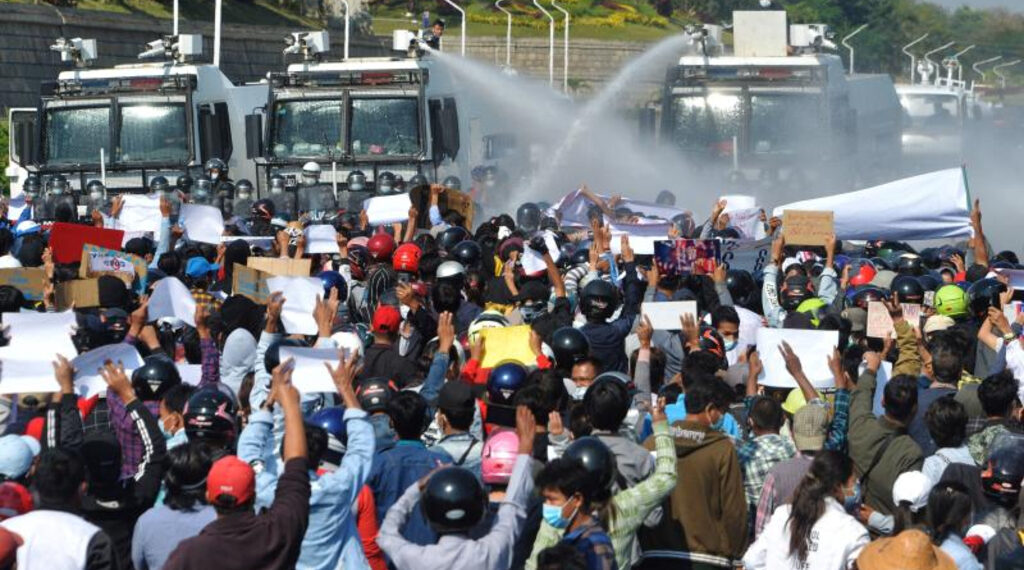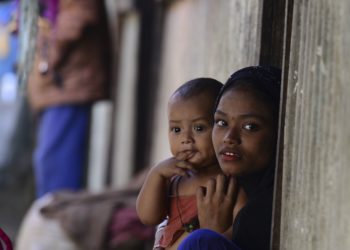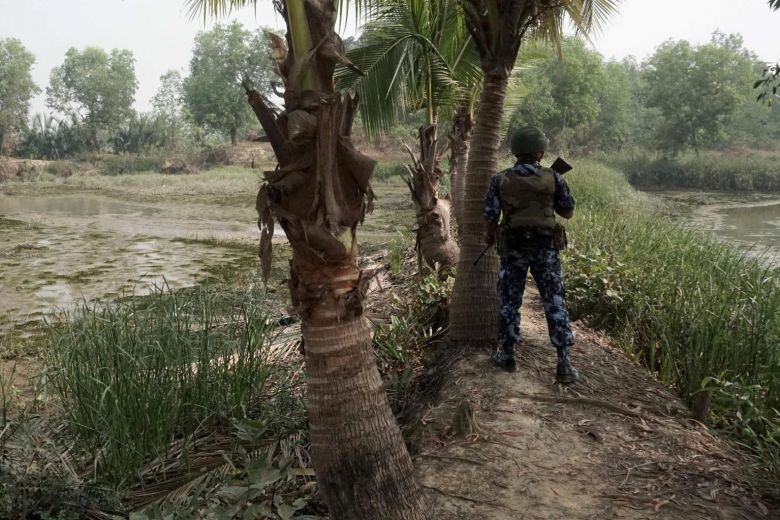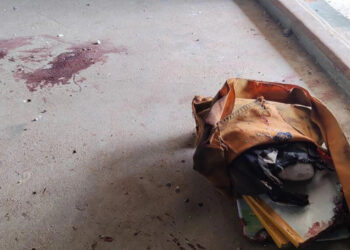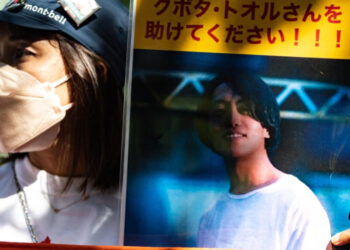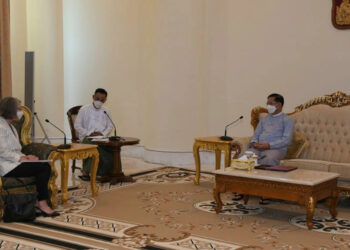As the military crackdown on coup protesters goes on unabated in Myanmar, leaders of the protest movement have taken refuge in the country’s rebel-held areas, beginning to establish a parallel government.
A growing number of people of the anti-military Civil Disobedience Movement (CDM) resistance have reportedly sought refuge in Myanmar’s eastern borderlands, from where ethnic armed organizations (EAOs) have been waging an armed struggle for greater autonomy against the military-dominated central state for years.
Ethnic Rebels Extend Support to Anti-Military Movement
A coalition of 10 EAOs who had signed a ceasefire agreement with the military condemned the crackdown and announced their support for the CDM last month.
“We support the CDM and public protests against the military coup and military dictatorship, and we are going to find ways to support these movements and protests,” the group said in a statement.
In fact, one of the EAOs, the Karen National Union, deployed their troops to protect the CDM, accompanying 2,000 protesters near Myitta in the Tanintharyi Region of southeastern Myanmar earlier this month.
Hundreds of Dissenters Take Refuge in Rebel Controlled Regions
Asia Times, citing aid groups, reported that several hundred dissenters have taken shelter in EAO-controlled areas.
The groups who have fled to these areas include high-ranking leaders of the toppled National League for Democracy, members of the Myanmar Police Force, and soldiers who have defected from isolated bases.
Many middle class professionals have also sought refuge and more are contemplating fleeing army-held regions, Asia Times added.
Dozens of Myanmarese police officers who defied military orders to shoot unarmed demonstrators have also crossed over to neighboring India.
The death toll from the post-coup military clampdown on dissenters has passed 250, and 2,200 people are reported to have been arrested since February 1, when democracy was suspended in the South East Asian country.
Parallel Government Nearly Formed
The Committee Representing Pyidaungsu Hluttaw, which consists mainly of parliamentarians elected last year, and the EAOs are holding talks to establish a “federal union” in the country.
“We’re about 80 percent there,” said Zin Mar Aung, a parliamentarian from the National League for Democracy who has been appointed to serve as the committee’s foreign minister, Myanmar Now reported.
“We’re discussing how we can work collectively in a situation like this. We are trying to have one united voice,” she added.
“There are still some suspicions left from the past. We are working together to erase them and build trust. We have slowly begun to establish some common ground now.”


